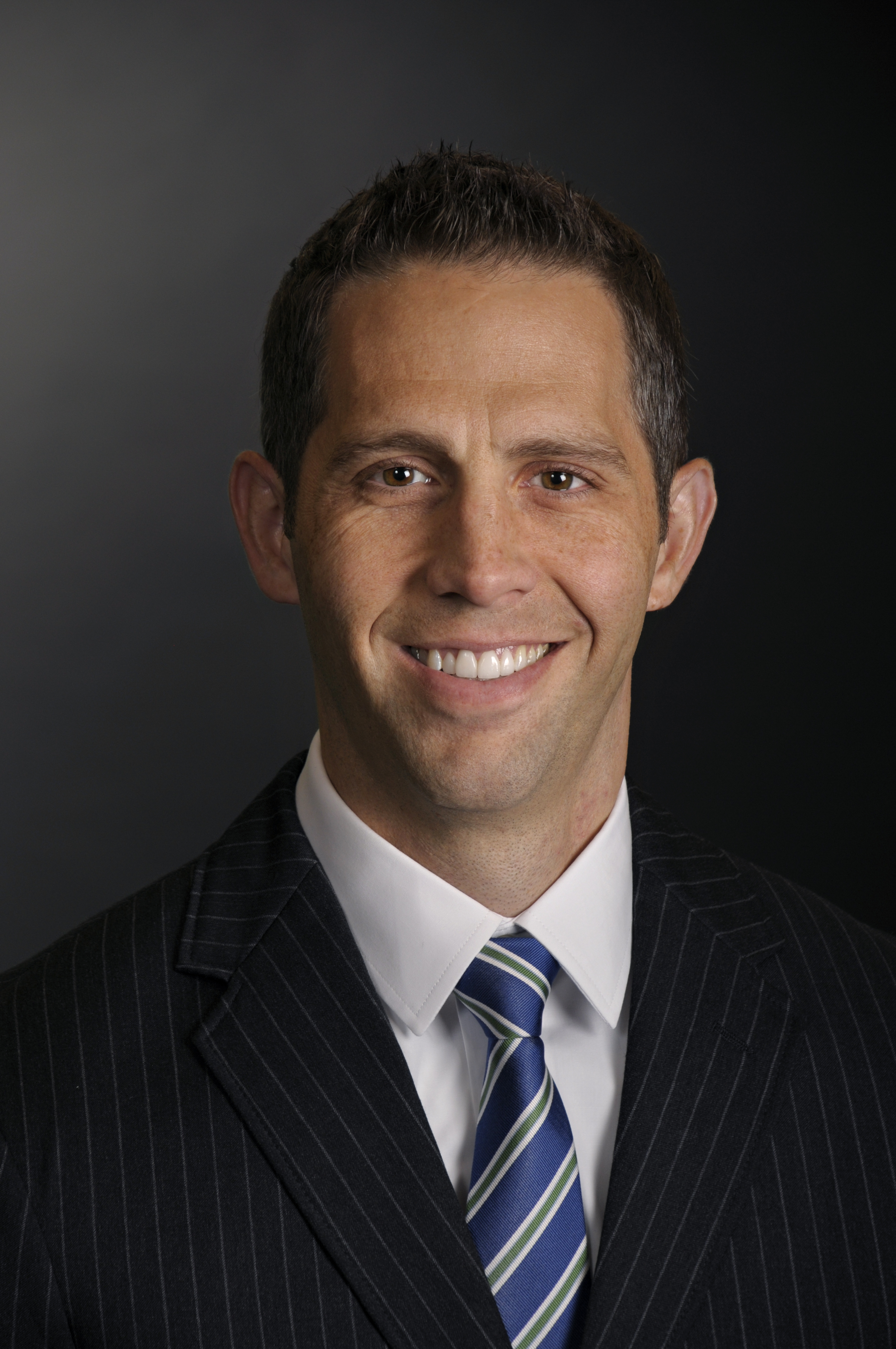In 2015, Volkswagen admitted to creating a device that allowed the company’s vehicles to cheat emissions tests in the United States. The following year, Wells Fargo revealed that 5,300 employees had secretly opened millions of phony accounts in an attempt to hit sales targets and receive bonuses. More and more, employees are bending the rules at work to get ahead.
Michael Baer, Lincoln Fellow in Arizona State University's Lincoln Center for Applied Ethics and assistant professor in the W. P. Carey School of Business, recently completed a study on workplace cheating that explores why employees cheat and what companies are doing to encourage, perhaps unknowingly, unethical behavior.
Baer and the research team surveyed more than 1,000 employees to better understand the types of cheating behavior exhibited in workplaces. Using these findings, the team surveyed two additional employee groups about their own behaviors in the workplace. Over the course of several months, employees responded to questions about workplace pressure, anger, self-interested concerns and cheating.

Michael Baer
Question: What causes employees to cheat at work?
Answer: There are many factors that might cause employees to cheat. One of those factors is the extent to which organizations pressure their employees to perform at a high level, which we examined in a recent study. We found that as the pressure to raise performance levels increased, employees became focused on protecting themselves from getting in trouble. Rather than inducing employees to focus on the organization’s interests, performance pressure angered employees and caused them to think about their own interests. As a result, they ended up lying about and overinflating their performance. In other words, they cheated.
We see these dynamics repeated in the news far too frequently. Indeed, investigations of the scandals within Volkswagen and Wells Fargo have revealed that these employees felt tremendous pressure to perform at high levels. Our research suggests that many of those employees undoubtedly felt threatened and ultimately decided that cheating was one way to meet the performance demands.
Q: Corporate cheating scandals seem to be all over the news in recent years. Is cheating in the workplace becoming more common?
A: Some recent research does indicate that cheating is on the rise. One of the reasons behind that rise may be an increase in performance standards.
For example, at Wells Fargo the goals that employees were asked to reach were unbelievably high. Former managers explained that the organization contacted them multiple times per day to check on their progress toward opening the allotted number of new accounts. Many of those managers, and their employees, ultimately decided that they could not reach those goals using legitimate means. The same was true at Volkswagen. Engineers were asked to create an affordable, clean diesel engine with good fuel economy. It was a daunting — if not impossible—task.
Q: How can companies set high expectations and goals while maintaining an environment that doesn’t encourage cheating?
A: One solution is to be careful with how performance demands are relayed to employees. If employees feel that companies prioritize performance over doing things “the right way,” they are more likely to cut corners. Companies may be implicitly conveying to employees that reaching goals is more important than adhering to ethical standards. Therefore, companies should more explicitly convey that the pursuit of performance goals must always be “within the rules.”
Companies also need to be more realistic about the goals they set for employees. At Wells Fargo, for example, the goals were unreachable for almost all employees. They created a situation in which many employees felt that cheating was the only option. Setting high goals is beneficial for companies and their employees. Setting impossible goals is a recipe for cheating. Instead of randomly picking a performance goal out of the air (which happened at Wells Fargo), managers might perform test scenarios for a limited time to determine what is a reasonable goal. This could lead to more attainable performance standards and, ultimately, to less cheating.
Top photo courtesy of Pixabay.
More Science and technology

ASU brings 'Science @ Scale' to AAAS meeting in Phoenix
When the American Association for the Advancement of Science Annual Meeting takes place this month in Phoenix, Arizona State University will be well represented.Dozens of ASU researchers — whose…

The AI tool giving teachers time back
Sarvesh Bhardwaj didn’t set out to disrupt American education. At first, he was just a parent watching his son struggle.Even in a well-resourced school district, something felt off. His older child…

Uncovering a pandemic’s ‘perfect storm’
In 2020, the COVID-19 pandemic shut down the world and claimed more than 3 million lives, creating reverberations that we still feel today.It was a catastrophic event that researchers like Nina…
